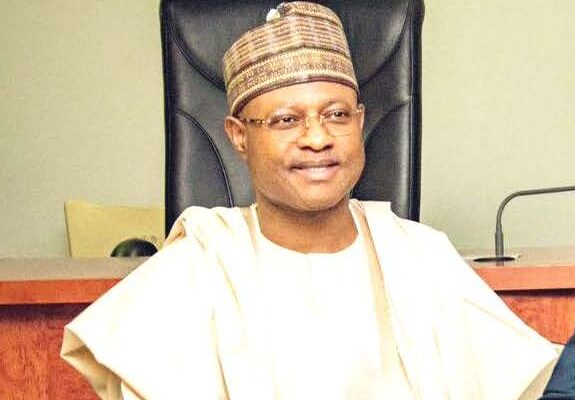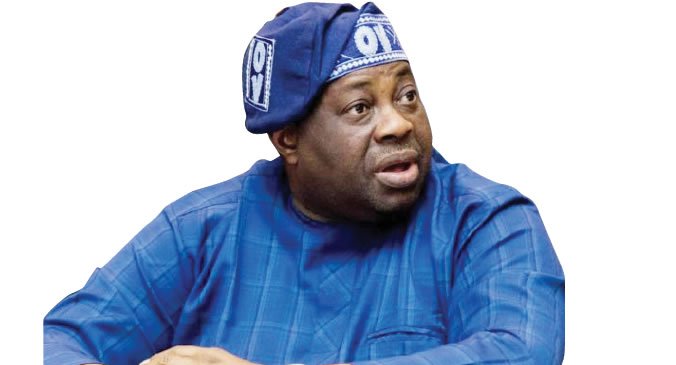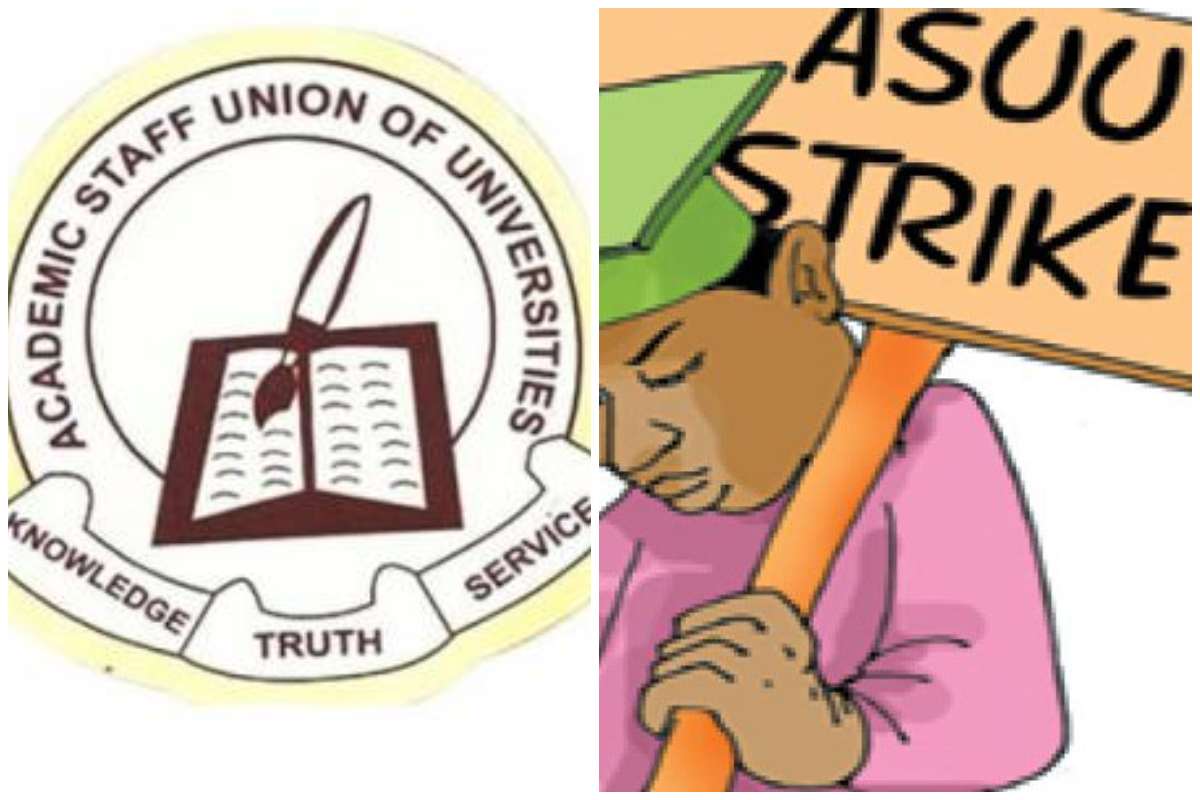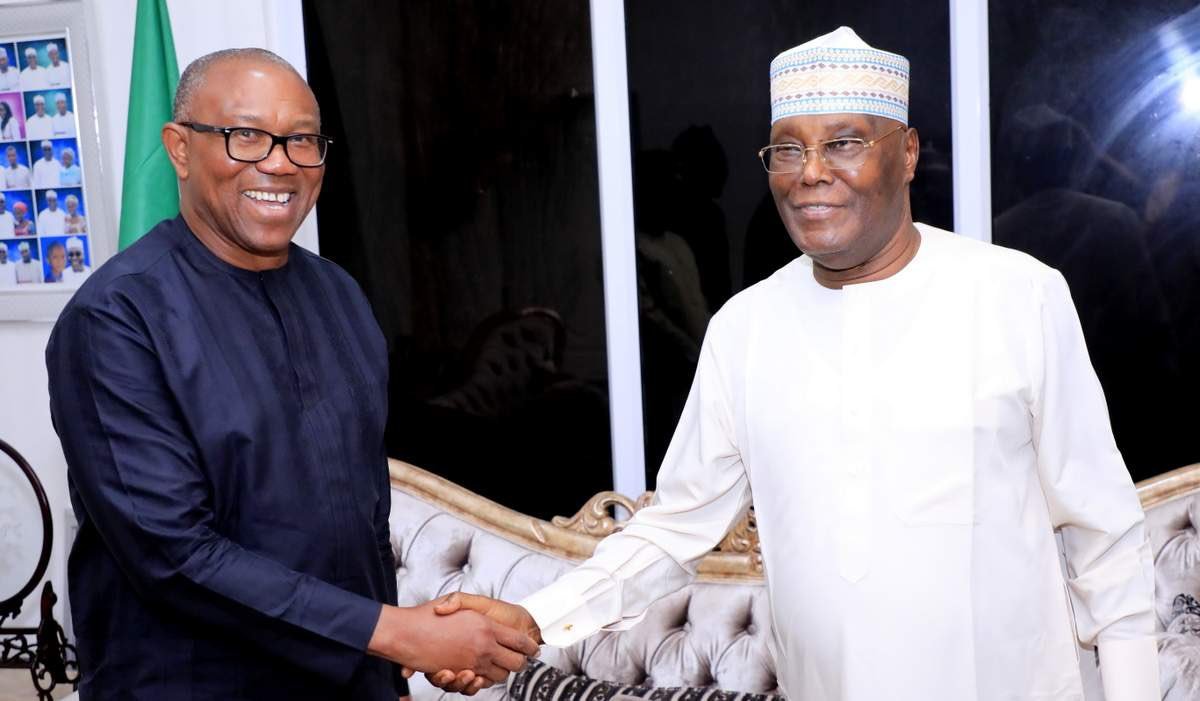Kaduna State Governor Uba Sani has recently called on northern politicians, particularly those who have held office over the past 20 years, to apologize to the North for its ongoing challenges and backwardness. This statement specifically targets prominent figures, including former Vice President Atiku Abubakar and former Kaduna State Governor Nasir El-Rufai, both of whom have been influential in Nigerian politics since the country’s return to democracy in 1999.
During a recent interview, Sani expressed that politicians from the North who have served in the last two decades have failed the region and therefore lack the moral authority to criticize the current administration, especially those who have now switched political camps. He emphasized that criticism of the government must be constructive and rooted in the public interest rather than driven by personal ambitions for power.
Acknowledging the systemic issues that have plagued northern Nigeria, Sani pointed out that these problems are not new and have been compounded by decades of underdevelopment and neglect. He asserted that all political leaders from the region who have held office during this period share responsibility for the current state of affairs.
Sani urged his fellow political leaders to avoid misleading the public and expressed respect for those who critique the government with integrity. He remarked that those who were part of previous administrations should not claim to have repented while simultaneously criticizing the current government.
In response to Sani’s remarks, Atiku Abubakar defended his contributions to the development of northern Nigeria, highlighting his role in implementing significant policies and establishing institutions during his tenure as Vice President. He cited the creation of the Universal Basic Education Commission (UBEC) and his personal investments in education, including the establishment of the American University of Nigeria (AUN), as evidence of his commitment to the region.
Atiku acknowledged that while more work needs to be done, he believes his contributions have been meaningful and emphasized the transformative power of education for the North’s future.
This ongoing discourse reflects broader concerns about governance and development in northern Nigeria, with Sani’s call for accountability highlighting the need for introspection among political leaders regarding their roles in the challenges faced by the region.







